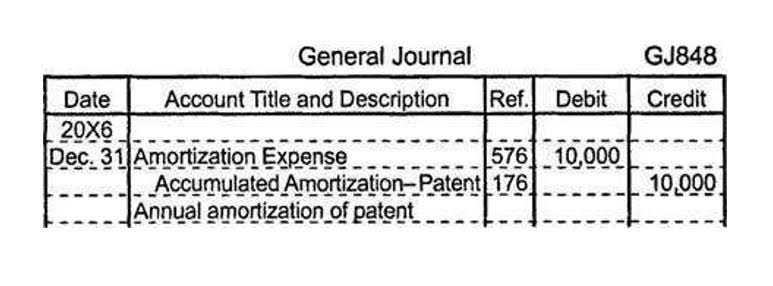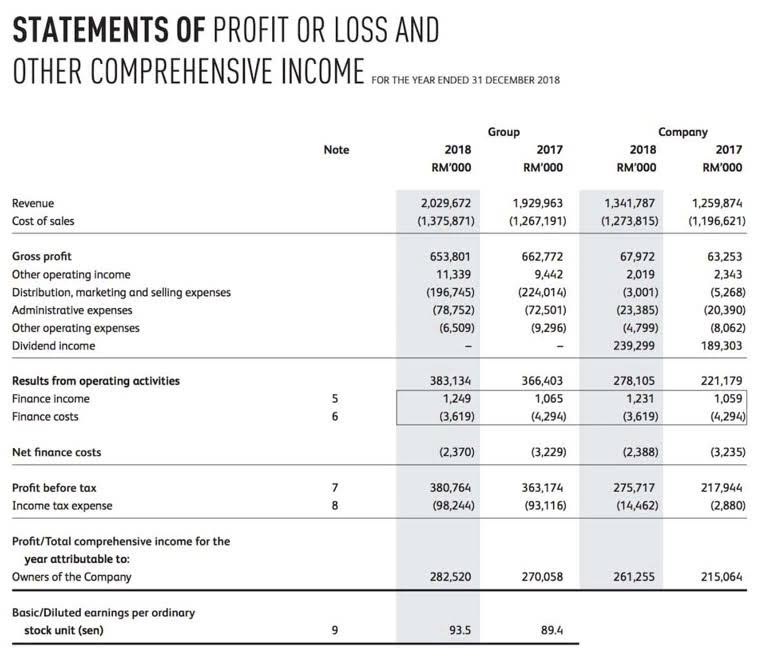
You’re also probably asking yourself whether a full-charge bookkeeper is really what your business needs or whether you can make do with an accountant. This article will answer all these questions and help you decide whether a full-charge bookkeeper is right for your business. Get more advice on establishing better accounting and bookkeeping practices with our free guide below.
A. Make General Ledger Adjustments:
These insights aid business owners and fixed assets stakeholders make informed decisions and strategic choices. Bookkeeping is among the top 5 accounting services that can be outsourced, because it offers greater convenience and expertise for your financial practices. Suppose your team doesn’t have the appropriate training or time resources to accomplish all your financial management tasks.

Balancing In-House Bookkeeping with Full-Charge Bookkeeping
By eliminating the need for various financial positions, a full-charge bookkeeper may help save costs. Knowing when to use a full-service bookkeeper vs an assistant depends on the scope and complexity of your company’s financial requirements. The top three skills for a bookkeeper include payroll tax returns, customer service and reconciliations. The most important skills for a charge bookkeeper are reconciliations, payroll tax returns, and balance sheet. Choosing the right accounting method can significantly impact how you track financial performance, manage taxes, and plan growth.
Full Charge Bookkeeper vs. Accountant

While small businesses must handle day-to-day tasks—like managing payroll or closing monthly books—long-term planning is the compass that keeps them… They are well-versed in basic accounting principles, and they apply these in their work. Bookkeepers manage the entry of items in the general ledger, assign items into their proper categories, and ensure that the entries are balanced. They also act as auditors by checking the accuracy and veracity of the receipts or vouchers in their possession before entering them into the system. Most companies that reach the point of needing a full-charge bookkeeper will have plenty of other lower-level functions to manage. Even small- to mid-size firms may employ several bookkeeping clerks, administrative assistants, or other personnel to full charge bookkeeper manage clerical work.

If your accounting team is stretched too thin, a full charge bookkeeper can also relieve them of time constraints Online Bookkeeping so they can focus on other core tasks. A full charge bookkeeper’s primary job is to manage and handle all the accounts of a small or medium-sized business. They are responsible for overseeing the accounting duties for a company, including billing customers, preparing bank statements and tax returns, and processing timesheets. Also, a full charge bookkeeper collates and enters vendor expenses, maintains the ledger’s accuracy, and process accounts receivables. If you seek an SME and consumer goods accounting services expert who can efficiently manage all your accounting and bookkeeping tasks, consider hiring a full charge bookkeeper.
- Without their expertise, companies could face financial disarray and difficulties in meeting regulatory requirements.
- One of the primary obligations of a full-charge bookkeeper is to supply accurate and timely financial statements and reviews.
- While small businesses must handle day-to-day tasks—like managing payroll or closing monthly books—long-term planning is the compass that keeps them…
- Distinguishing between these roles is pivotal for enterprises aiming to fine-tune their financial operations.
- This article will answer all these questions and help you decide whether a full-charge bookkeeper is right for your business.
- Keeping accurate and organized financial records is crucial for understanding a company’s financial health, making informed decisions, and ensuring regulatory compliance.

This means that the full charge bookkeeper reports straight to a senior manager, such as the president, and may interact directly with the company’s board of directors and auditors. The position can be assisted by an outside CPA who advises on how to record certain of the more complicated business transactions. For example, a billing clerk, payables clerk, or payroll clerk may report to the bookkeeper. The long middle stages of this transition are when you might want to consider a full-charge bookkeeper. This type of strategic insight is important for companies hoping to grow, and it’s not usually part of bookkeepers’ traditional roles.
- Bookkeepers typically handle the transactional and administrative facets of finance and ensure the smoothness of the business’s daily financial operations.
- The price varies according to the area, industry, and degree of experience, but because they have additional responsibilities, they typically make more money than standard bookkeepers.
- The main difference is that full charge bookkeepers are not expected to work with audit and tax reports or act as financial advisors.
- Full-charge bookkeepers are entrusted with the company’s financial management, handling everything from recording daily transactions to preparing financial statements.
- At that point, they usually add high-level roles like controllers or CPAs full-time.
It encompasses financial analysis, payroll management, reconciliation, and generating financial statements. In the realm of financial management, bookkeeping serves as the foundation upon which businesses build their success. Keeping accurate and organized financial records is crucial for understanding a company’s financial health, making informed decisions, and ensuring regulatory compliance. In this context, the roles of bookkeeper and full charge bookkeeper come into play. In this article, we will explore the distinctions between these two roles, their respective responsibilities, and how businesses can choose the right fit to meet their unique needs. In summary, full-charge bookkeeping encompasses a wide array of responsibilities that impact not only financial record-keeping but also the overall success of a company.

These one-stop financial all-rounders combine the roles of accountants and bookkeepers to provide holistic financial management services. Outsourcing your financial management to a full charge bookkeeper will free up resources, increase efficiency and quality control, and ensure greater financial stability as your business continues to grow. Full-charge bookkeepers actively participate in decision-making processes and provide business owners and managers with valuable financial insights. They generate financial reports and statements, permitting business owners to make informed alternatives based on accurate financial data. An in-house bookkeeper may not be involved in higher-degree financial evaluation or decision-making. It involves comparing an organization’s financial records with the corresponding bank statements to identify and resolve discrepancies.
Bookkeeper example responsibilities.
Keeping track of the books is one of the most tedious yet crucial parts of owning or running a business. After all, if you aren’t keeping an eye on your finances, how will you measure vital information for your business operations, such as profits, costs, and resource availability? Accounting and bookkeeping outsourcing can help strengthen your financial management. The key differences between a bookkeeper and a full charge bookkeeper are the extent of responsibilities and level of accountability, even though both positions need to keep correct financial records.
